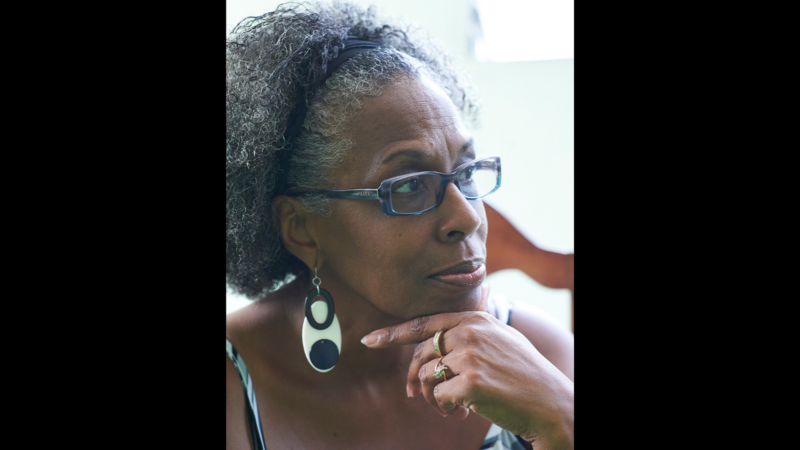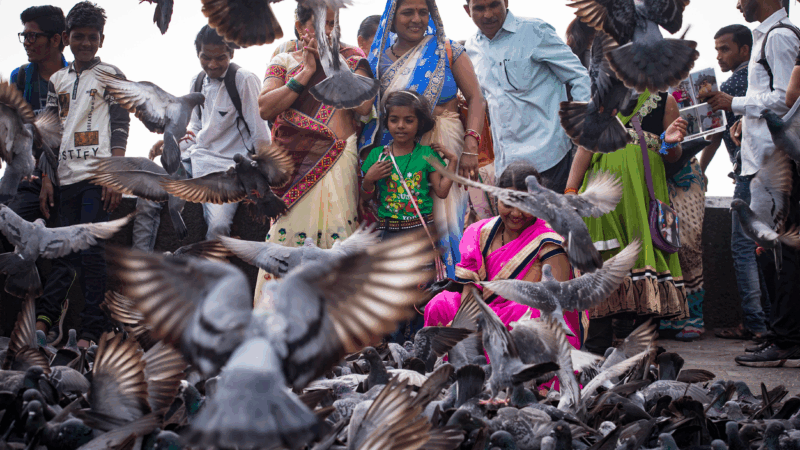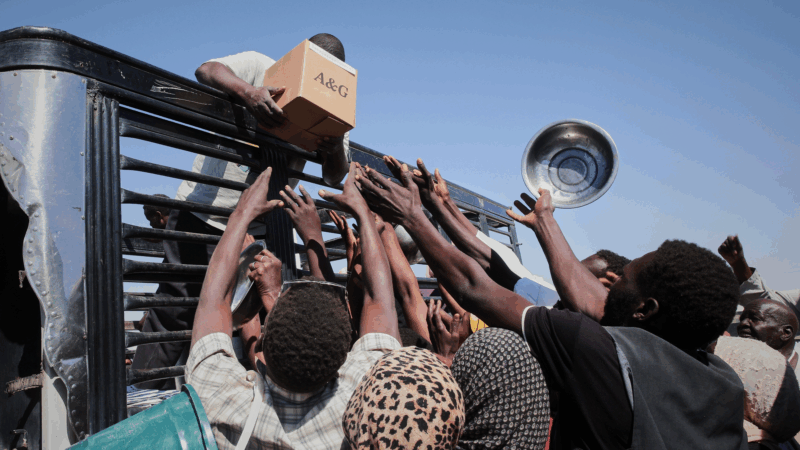Remembering Margaret Walker 50 years later, as her groundbreaking poetry festival returns to Jackson
Maryemma Graham will be a guest speaker for “A Tribute to Margaret Walker” at the Phillis Wheatley Poetry Festival in Jackson, Mississippi. In 2022, Graham published the first complete biography of Walker.
In 1973, novelist and professor Margaret Walker Alexander created the Phillis Wheatley Festival. It brought Black poets, writers and creatives to Jackson, Mississippi, and helped preserve Black history through literature.
Fifty years later, the city is again hosting the festival. This year, seven writers who were there in 1973 — including Alice Walker and Sonia Sonchez — will be joined by newer voices like Mississippians Jesmyn Ward and Angie Thomas.
Maryemma Graham recently published the first complete biography of Walker’s life, “The House Where My Soul Lives.” Graham is the University Distinguished Professor of English at the University of Kansas and will be a guest speaker for the closing reception, “A Tribute to Margaret Walker.”
The Gulf States Newsroom’s Maya Miller caught up with Graham to talk about Margaret Walker’s life and legacy.
The following transcription has been edited and condensed for clarity.
For listeners who may not know who Margaret Walker is, could you tell us a little bit about her?
Margaret Walker is a 20th-century figure. Not only was she a poet, novelist, writer, intellectual, she was an academic. She was a teacher, and most of that career was at Jackson State University, where she went in right in the middle of the century — 1949 — and never went anyplace else.
She moved from the radio to the television to film to video, and she had access to all of those networks, but she did it from Jackson, Mississippi.
I think her view was that the state had had such a horrible history. We have tremendous potential in this place to change that image. She started bringing people to Mississippi, and one of the things she did that was so powerful was the Phillis Wheatley Festival in 1973.
She brought attention to the power of Black literature and to the power of Black women’s participation — in this case, inauguration of a tradition.
Margaret Walker faced immense success with “Jubilee.” That was her historical novel about a young enslaved woman in Georgia during the Civil War. But she also faced hardships as a Black academic and a creative. Can you talk a little bit about that?
Absolutely. Walker’s work was recognized. She was honored. Everybody knew that “Jubilee” was an important work, but she also recognized that that work had been plagiarized in Alex Haley’s “Roots.” By the time that truth was uncovered and Haley’s work was proven to be built on other people’s works as well, Haley was dead, but Walker’s career had already suffered.
‘She was jealous,’ people said, and nobody came to her rescue. So, she went from fame to infamy overnight, in a sense, and she never really recovered in terms of her literary career. She remained, of course, a powerful voice, but she suffered miserably as a result of that.
Tell us more about publishing the biography of Margaret Walker, because it was a process that took nearly 20 years.
For me, the question was there’s a lot of story here. First of all, Walker left over 150 journals. She journaled. She recorded her own life, so she left me a treasure trove, and I had to read every single page to know her as best I could. That was the obligation I had as a biographer.
Putting it all together, and then having life happen to me as well, took two decades, but I learned a lot.
And what I have also learned is that we have too far few women’s biographies, particularly Black women. I hope that it encourages people to tell more of those stories. We have very, very few still.
In what ways did you change as a scholar and a creative in the time you began this project to holding the published book in your hands?
Biography is a hard genre to master, is the first thing. You’re responsible for somebody else’s life. It’s easy to get confused with thinking about that being your own life. You are a caretaker. You’re holding onto threads of information that nobody knows but you. Critical decisions that you have to make. Do I leave it in? Do I leave it out? What image do I want to leave of this person?
She didn’t worry about what would happen to her. She accepted it. It was painful. She did not get the support she needed, and that is on us.
I had to tell that story in order for us to think and to realize that, if you are saying that you believe in this, you believe in Black womanhood, you believe in it, then you need to show it. We need to show it. Too many people didn’t show it.
This story was produced by the Gulf States Newsroom, a collaboration between Mississippi Public Broadcasting, WBHM in Alabama, WWNO and WRKF in Louisiana and NPR.
Light from satellites will ruin majority of some space telescope images, study says
Astronomers have long been concerned about reflections from satellites showing up in images taken by telescopes and other scientific instruments.
Defense Department is reviewing boat strike video for possible release, Hegseth says
In a speech on Saturday, Defense Secretary Pete Hegseth defended the strikes, saying: "President Trump can and will take decisive military action as he sees fit to defend our nation's interests."
Bama, Miami in, Notre Dame out and Indiana No. 1 in College Football Playoff rankings
Nobody paying attention for the past 24 months would be surprised to see Indiana – yes, Indiana – leading the way into this year's College Football Playoff.
McLaren’s Lando Norris wins first F1 title at season-ending Abu Dhabi Grand Prix
Red Bull driver and defending champion Max Verstappen won the race with Norris placing third, which allowed Norris to finish two points ahead of Verstappen in the season-long standings.
A ban on feeding pigeons ruffles lots of feathers in Mumbai
The pigeon population has exploded — a result of people feeding the birds. For some it's a holy duty and a way to connect to nature. Critics point to health risks tied to exposure to pigeon droppings.
UN humanitarian chief: world needs to ‘wake up’ and help stop violence in Sudan
The UN's top humanitarian and emergency relief official has told NPR that the lack of attention from world leaders to the war in Sudan is the "billion dollar question".








